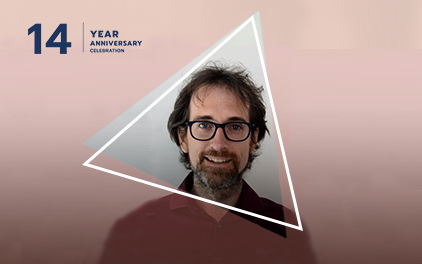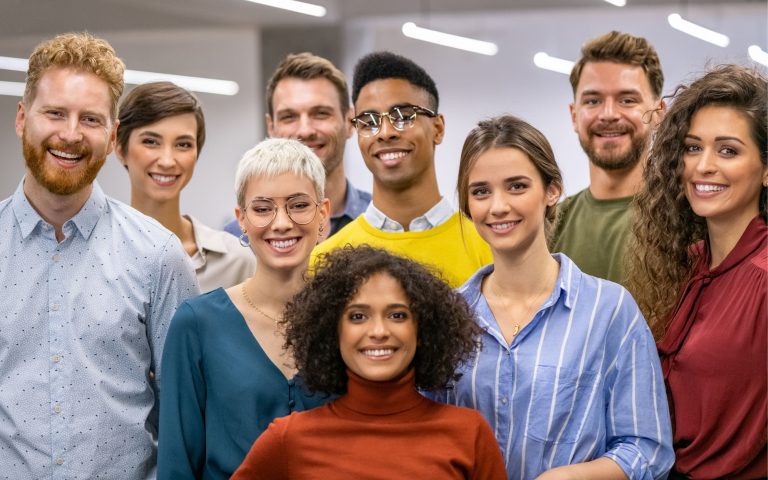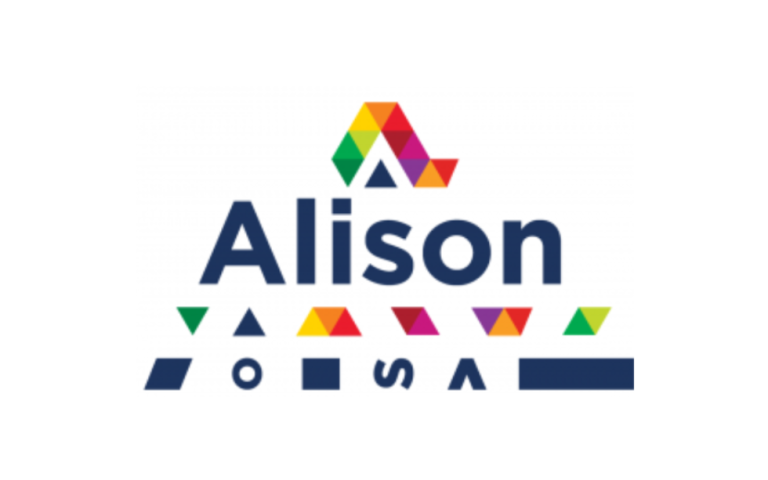Jamie Alexandre is the co-founder and Executive Director of Learning Equality, an education technology non-profit focused on creating and supporting open source tools to enable equitable access to quality educational opportunities for learners and educators with limited or no Internet access.
Learning Equality’s pioneering offline-first platforms have reached over 6 million learners in more than 200 countries and territories around the world. From rural schools to orphanages, community centers to refugee camps, Learning Equality focuses on fostering effective education technology interventions in marginalized contexts.
Hi Jamie, tell us what inspired you to choose a career in education?
I’ve always had a passion for learning, and in particular always loved taking on and practicing new languages. In my academic work, I was driven by curiosity about the learning process itself and began my graduate school work in Cognitive Science doing experiments around grammar acquisition. I quickly realized that I wouldn’t be satisfied doing basic research and wanted to more directly increase access to quality education, so I began translating this research into building ed-tech solutions.
What’s your single proudest achievement in the education sector?
I’m most proud of co-founding the non-profit organization Learning Equality, alongside like-minded friends who were eager to build a more equitable and just world. When we started back in 2013, we saw education technology gaining momentum and were excited about the potential for leveling the playing field. But with most of the world still not on the Internet, we were deeply concerned about how inequitable access to these new opportunities was actually further widening the opportunity and achievement gaps. So we dedicated ourselves to creating new tools, technologies, and approaches that could enable effective use of education technology without reliance on Internet connectivity.
Seeing this small organization grow over the years to what it is today, reaching millions of offline learners and attracting an array of incredible professionals united in this common vision of providing quality educational opportunities for the half of the world that still doesn’t have access to the Internet, is beyond what I dreamed of when we first embarked on this journey.
What has been the most important development you’ve witnessed in education in your professional lifetime?
I believe the increasing awareness around open education, and the widespread adoption of open educational resources (OER) and open-source software by individuals and governments across the globe, has been one of the most important developments in education in the past two decades.
To achieve the UN’s Sustainable Development Goal on Education, and create a truly equitable global educational landscape, I believe we need to focus on fostering a truly open educational model: creating quality, openly licensed educational resources that can be freely shared, downloaded and reused under Creative Commons licenses, developing open tools for alignment of these resources to curricular standards, challenging biases on current learning engineering practices by helping researchers and policy makers have access to open, anonymized data from disconnected and marginalized environments, and, finally, fostering more professional development opportunities for teachers to be upskilled on blended learning practices that leverage these open resources.
Why is free education so important in addressing global inequality?
Education is a powerful force for enabling opportunity and social mobility, yet millions around the world lack access and are unable to escape a vicious cycle of poverty that persists across many generations. Educational opportunities have always been deeply intertwined with privilege and, despite efforts over the past few centuries to universalize access, huge gaps in equitable outcomes persist across geographic, racial, and socio-economic groups. Without continued proactive efforts, these disparities will continue to persist and widen. While providing educational materials or tools for free is not sufficient (and must be coupled with the right types of support and distribution), it is a key ingredient in the overall solution.
Why do you think that online learning has been such a game changer when it comes to democratizing education?
Democratizing education by enabling quality, free educational opportunities is a critical component in addressing poverty-related global inequalities. Digital innovations are exciting for many reasons, including the way they open up new modes of interaction and experiential learning, but in particular because of their ability to scale, especially when coupled with open licensing that allows for their free distribution and adaptation to a wide range of contexts.
However, it’s important that we don’t see technology as a silver bullet. While education technology has the potential to help scale solutions, with nearly half the world still lacking access to the Internet, we must acknowledge the barriers imposed by inequitable access to connectivity, hardware, support, and quality educational opportunities across the world, including here in the USA, and continue to build coalitions that work together to break these cycles and overcome these barriers at a systemic level.
What in your opinion is the most pressing educational issue globally?
Upskilling teachers and educators across the globe around blended learning practices is an incredibly timely issue. When the pandemic hit, we all witnessed how unsupported and unprepared teachers felt when they had to suddenly shift to online, distance learning. Conversely, we also saw some amazing examples of resilience from teachers across the world, who went above and beyond their own means to ensure the continuity of learning for their students.
A teacher’s role is extremely difficult, time-consuming, and undervalued, and yet arguably the most important job in the world. So providing them with the tools they need to succeed, especially around the use of technology for teaching, is paramount. While many people look to education technology to replace teachers, we believe that it works best when it is leveraged to amplify the role of the teacher, freeing up their time and attention to best support students who are struggling.
If you were to recommend one online course to our Learners, what would it be and why?
While you should always follow your passion and curiosity, one of the most powerful skills I learned was how to program. The Python programming language, in particular, has been a powerful tool for me in so many areas of my work and life, from building education technology platforms, to automating my workflows and saving myself time, to analysing large sets of data. Even if you’re not planning to pursue a career focused on IT, learning Python can be a really valuable tool to have in your belt.
What advice would you give to Alison’s Learners who are using free online learning to empower themselves?
Learning is best when it’s social and communal. Particularly during the pandemic, when we have become further isolated, I believe finding ways to connect with others and build community around learning has become even more important. I encourage you to find ways to build connections and learn together, while also paying it forward and helping others to succeed.








